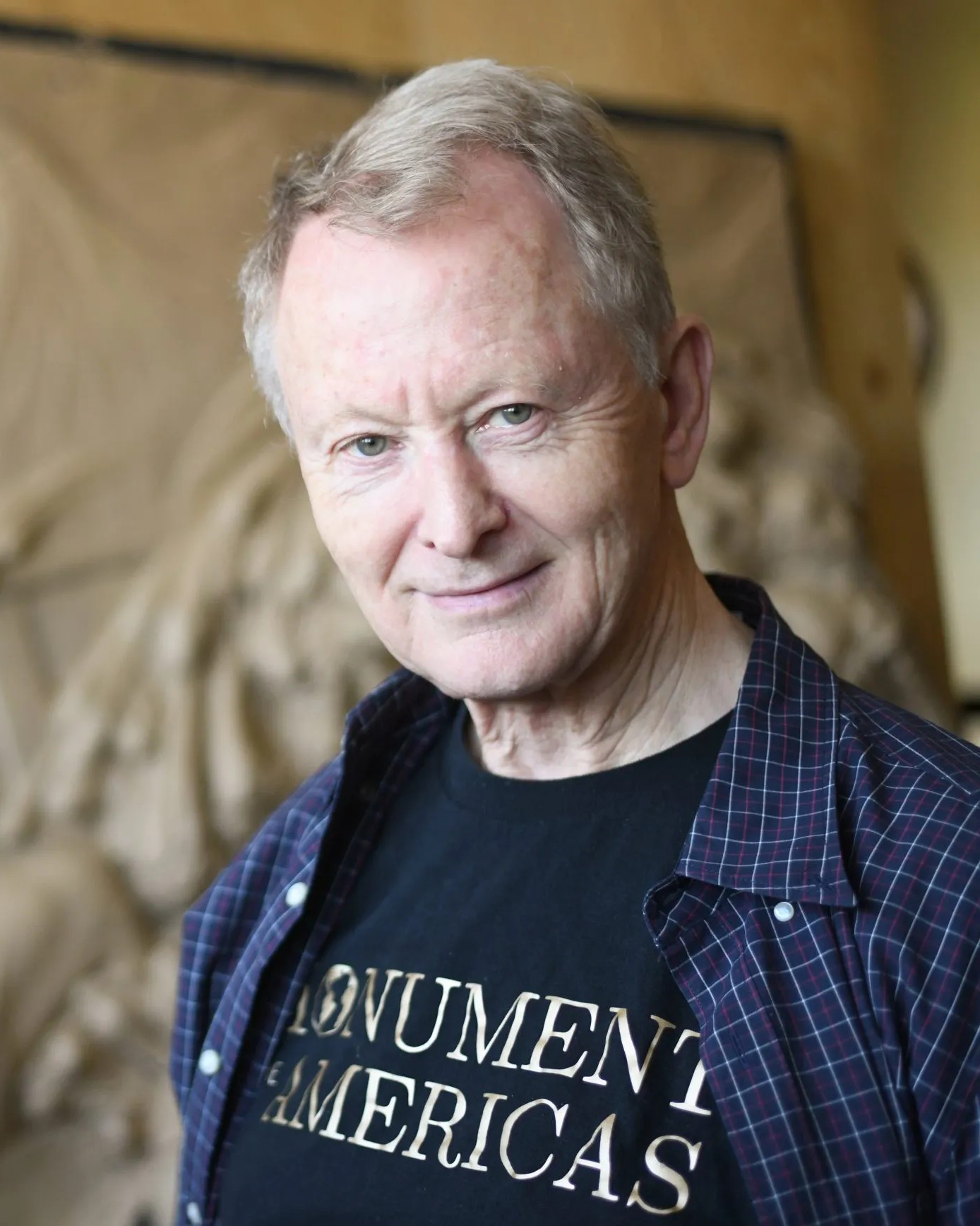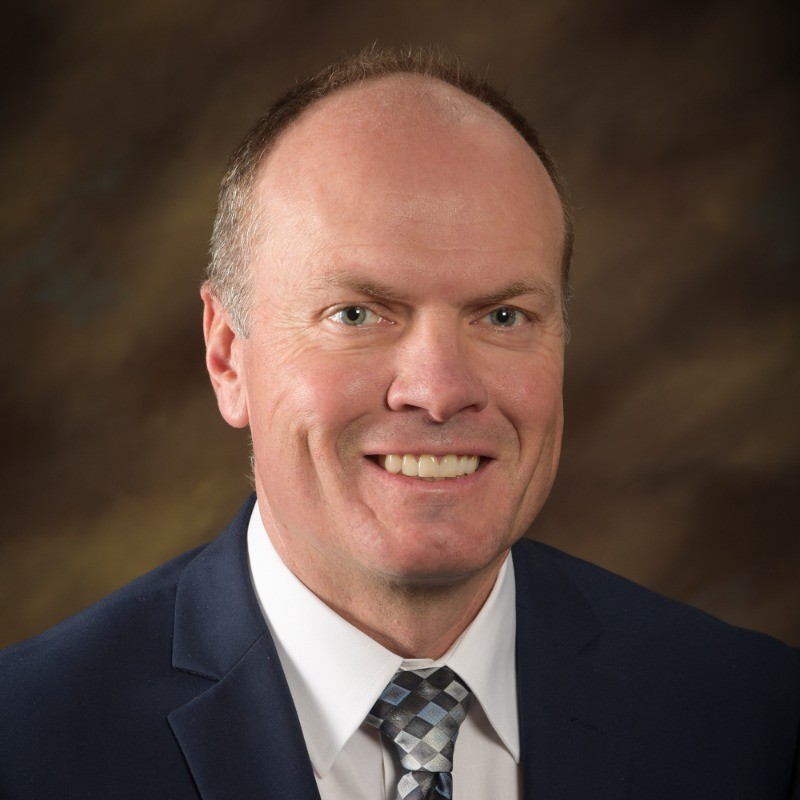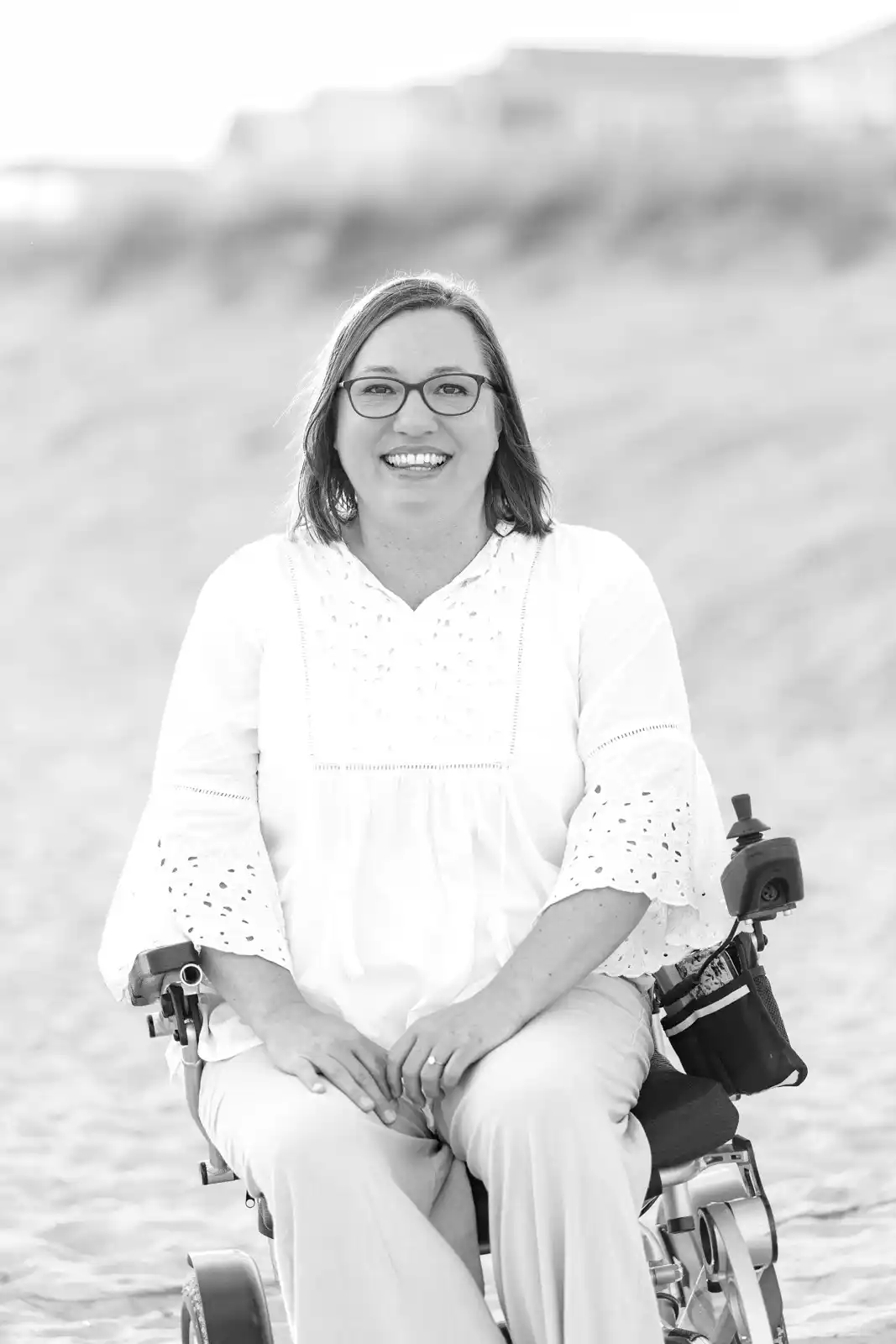Finding Your Unique Missionary Voice with Whitney Murdock

In a culture that often celebrates extroversion and outgoing personalities, Whitney Murdock stands as a stark reminder that quiet strength can be equally impactful. As the creator of Your Mission Mentor—an Instagram platform with over 15,000 followers dedicated to helping Latter-day Saints prepare for missionary service—Whitney brings a unique perspective shaped by her own journey as an introverted missionary who served in Portland, Oregon with a primary assignment in the Temple Visitor Center.
Currently pursuing a degree in family science at Utah Valley University, Whitney is passionate about mental health and family dynamics. She comes from a large blended family where close relationships and outdoor activities are central to their shared experiences. Her personal story of overcoming perfectionism, navigating grief, and finding her authentic missionary voice offers valuable insights for anyone struggling with feelings of inadequacy in their spiritual journey.
The Challenge of Authentic Service
Growing up in the church gave Whitney early exposure to the gospel, but her testimony truly developed through personal tragedy. When her parents separated during her childhood, she turned to prayer and scripture study for comfort. Reading the Book of Mormon became a source of solace during this difficult time, with the simple practice of reading a chapter each night bringing unexpected emotional release.
As she prepared for missionary service, Whitney focused primarily on spiritual preparation—serving in the temple, participating in Temple Prep and Mission Prep classes, and teaching Relief Society lessons. However, she later realized she had overlooked a crucial element: emotional and mental preparation. Looking back, she wishes she had taken the time to address negative self-talk patterns, learn stress management techniques, and develop healthier emotional responses to challenges.
This oversight became apparent during her mission when perfectionism threatened to undermine her effectiveness. As an introvert faced with the constant social demands of missionary life, Whitney struggled with thoughts like, "You're not good enough" and "You're failing." These destructive thought patterns were so intense that at one point, she recalls thinking, "I don't even like myself." Recognizing these thoughts as spiritual attacks rather than truths about her worth became a crucial turning point in her missionary experience.
Finding Strength in Authenticity
Whitney's journey toward self-acceptance began with a profound realization: she didn't need to become someone else to be an effective missionary. Comparing herself to her outgoing older sister who had served a mission five years earlier, Whitney initially doubted her capability to succeed without a similarly extroverted personality. Through prayer and personal reflection, she came to understand that God had given her unique gifts that would connect with people in ways others couldn't.
This shift in perspective transformed her approach to missionary work. Rather than trying to force herself into a preconceived mold of the "perfect missionary," Whitney began to embrace her authentic self. She discovered that her quieter, more thoughtful approach resonated with certain individuals who might have been overwhelmed by more assertive personalities. As she puts it, "Softness can be what people need. Not everyone needs a loud voice."
A pivotal moment came when Whitney's mission president gave her a blessing and revealed that someone in her area was specifically waiting to be found by her. This divine assurance provided the motivation she needed to push beyond her comfort zone. Each morning, she would pray, "God, we're finding the one," and this sense of purpose helped her overcome her natural reluctance to approach strangers. The experience taught her that God could work through her unique personality rather than despite it.
Navigating Grief While Serving Others
Perhaps the most challenging aspect of Whitney's missionary experience was serving in the immediate aftermath of personal tragedy. Just two weeks before departing for her mission, Whitney lost her older brother to suicide. This devastating loss created a dual burden—processing profound grief while simultaneously adapting to the demands of missionary life without her familiar support network.
The timing of this tragedy might seem cruelly inconvenient, yet Whitney found that being immersed in spiritual service provided unexpected healing. She describes feeling alone and overwhelmed by grief at times, but also experiencing what she calls "tender mercies"—small miracles that reassured her of God's awareness of her pain.
One such experience occurred on the anniversary of her brother's death. Feeling particularly low that day, Whitney and her companion knocked on what turned out to be the stake patriarch's door. Though she doesn't recall his exact words, the spiritual guidance he provided exactly matched what she needed in that moment of grief. Reflecting on this experience, Whitney recognized it as divine intervention—evidence that God was aware of her specific needs even when others around her couldn't fully understand her loss.
Creating a Resource for Future Missionaries
Whitney's personal experiences with inadequacy, grief, and ultimately growth became the foundation for her current ministry through Your Mission Mentor. The questions she receives most frequently mirror her own struggles: "What makes a mission hard?" and "How do you prepare?" Her responses emphasize both practical and spiritual preparation.
Her advice for missionary preparation includes:
● Develop spiritual habits like consistent scripture study and prayer
● Serve in the temple if possible before departing
● Practice teaching in low-pressure settings like church classes
● Step outside your comfort zone socially before the mission
● Take emotional self-resilience courses offered by the church
● Consider speaking with a therapist about managing anticipated stresses
● Learn to recognize and counter negative self-talk
● Understand that preparation is lifelong, not just pre-mission
For those struggling with feelings of inadequacy, Whitney offers a perspective-shifting reminder: "It's not about you. It's about what God can do." Drawing on the metaphor of Jesus feeding the five thousand, she encourages future missionaries to "bring your loaves and fishes and God does the rest." This understanding—that God multiplies our humble offerings rather than expecting perfection—becomes liberating for those caught in cycles of comparison and self-doubt.
Walking with God Through Life's Challenges
Today, Whitney approaches all of life's challenges with the same faith-centered perspective she developed during her missionary service. When asked why she believes, her answer reflects both the depth of her personal experiences and the practical benefits of faith: "I believe in God and Jesus Christ because of the experiences I've had with them, because of who they are and the way that they have transformed me and carried me through my darkest moments."
Her faith is not merely intellectual assent to doctrines but a lived reality that has sustained her through grief, perfectionism, and uncertainty. This experiential faith gives her a unique ability to connect with others facing similar struggles. By sharing her vulnerabilities alongside her victories, Whitney creates space for others to recognize that their own weaknesses don't disqualify them from meaningful service.
Perhaps most striking in Whitney's testimony is her statement that faith has become intrinsic to her identity: "I don't know what else I would do. I don't know how else I would get through life... It's who I am." This integration of belief into her core sense of self demonstrates how thoroughly her mission experiences transformed her understanding of both herself and God.
Embracing Your Unique Spiritual Journey
Whitney Murdock's story challenges us to reconsider our understanding of spiritual qualification. Her journey reminds us that God works through our authentic personalities rather than conforming us all to a single mold. The very traits we might consider limitations—introversion, sensitivity, even grief—can become channels for meaningful connection when surrendered to divine purpose.
If you find yourself struggling with feelings of inadequacy in your spiritual life, Whitney's example offers several important lessons. First, recognize that your unique gifts and personality traits were divinely designed for specific purposes. Second, understand that preparation involves both spiritual and emotional components. Third, remember that even in your darkest moments, God remains aware of your needs and capable of bringing unexpected healing.
Whether you're preparing for missionary service, supporting someone who is, or simply seeking to serve more authentically in your current circumstances, Whitney's journey provides a powerful reminder: God doesn't need our perfection—He needs our willingness. When we bring Him our authentic selves, including our weaknesses and wounds, He creates something far more beautiful than we could achieve through our own striving.
As you move forward in your own spiritual journey, consider where you might be placing unnecessary pressure on yourself to fit someone else's mold. How might embracing your authentic self—including your limitations—actually enhance your ability to connect with others? Whitney's story suggests that when we stop trying to be enough on our own and instead offer what we have to God, we discover that He has always been enough for us.
Thank you for listening to this week’s episode of Why We Believe. If you are interested in more like this, you can check out our other blog posts and episodes here.
EndFragment






Comments